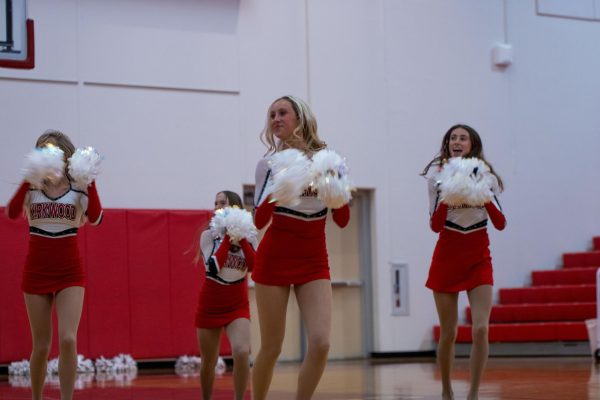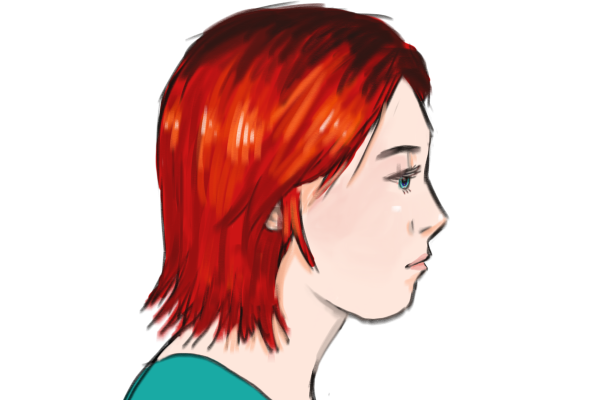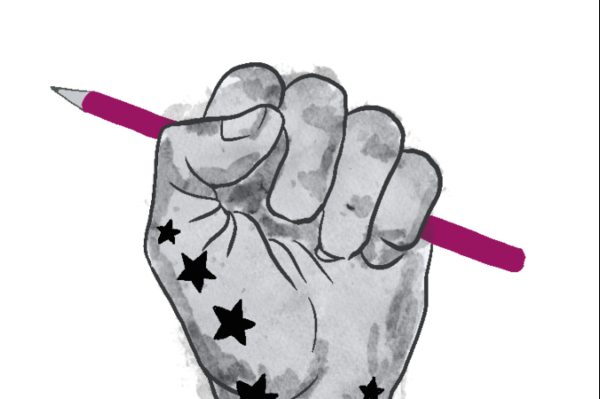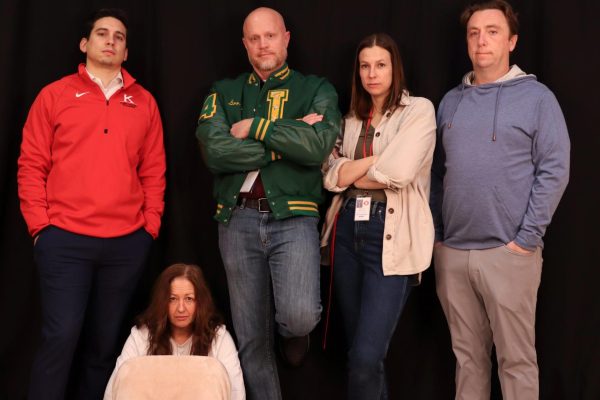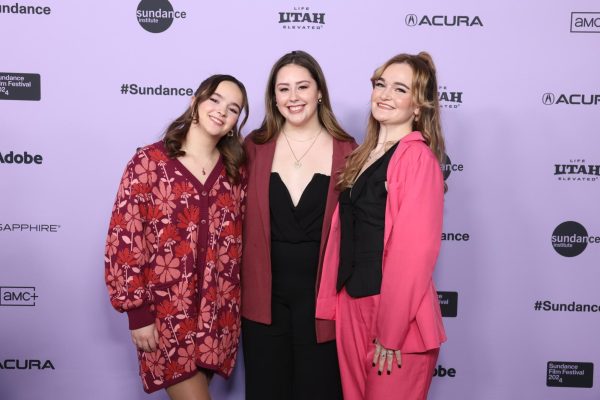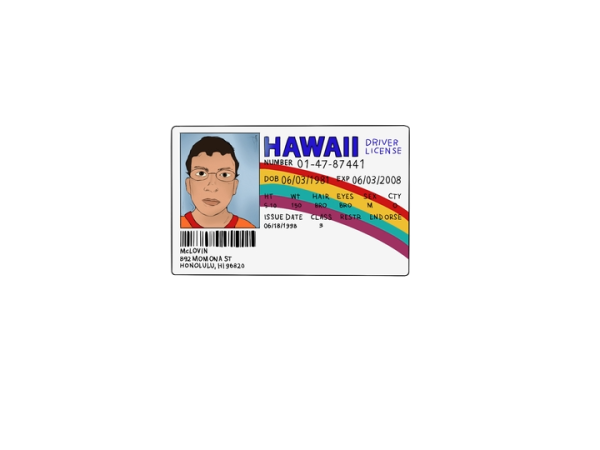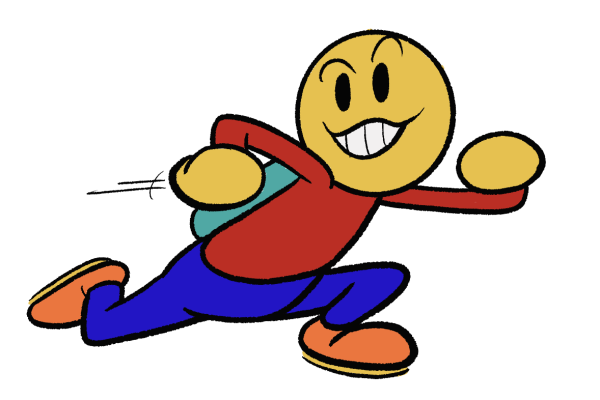The emotion of medicine: a doctoral dream
When Denise Sallee was 4-years-old, her parents received a call from her concerned preschool teacher. Sallee had told all of her classmates that her babydolls were dying of a rare respiratory disease, stachybotyrs.
“I was upsetting the other children by describing in detail how my dolls were suffering from internal hemorrhaging,” Sallee, senior, said. “When my mother picked me up that day she asked me what I wanted to be when I grew up. I said I wanted to be a doctor, and I’ve never changed my mind.”
Although both of her parents are pediatricians at Cardinal Glennon Children’s Medical Center, Sallee believes her love of science has played an even stronger role in her decision to become a medical doctor.
“I learned to read when I was 5 years old, so I would read instead of playing with other kids at recess,” Sallee said. “After school I didn’t have play dates. I would go home and do science experiments with my dad. My fifth birthday party was science-themed. I had a white cake with bright, neon icing in squiggles and circles all over the surface. It was a bacteria cake. All the kids at my party were worried they would get sick if they ate it.”
As a child, Sallee said she experienced severe bullying due to her “nerdy” interests. However, she never allowed her peers’ judgement to discourage her doctoral dream. Throughout high school, Sallee has participated in MedVet Club, BJC Hospice and Saturday Scholars at St. Louis University, all three programs aimed to prepare students for futures in medicine. She also attended the National Student Leadership Conference at Northwestern University last summer, where she dissected a human corpse, learned to perform stitches and studied the ethics of medicine.
“I’ve never had an issue with bodies,” Sallee said. “I’ve dissected organisms ranging from a pregnant cat to a fetal pig to multiple human corpses. Being a doctor is such an interesting profession. I like that it’s always changing, that there’s so much to know, and I love to learn how the body works.”
Sallee, however, also recognizes the difficulties that a medical profession entails. As a volunteer on the pediatric oncology floor of Cardinal Glennon Children’s Medical Center, Sallee works with children battling cancer on a weekly basis. Last month, Sallee experienced a particularly difficult encounter with a 5-year-old boy diagnosed with leukemia.
“He had just found out he had cancer, but nobody had really explained it to him,” Sallee said. “So for that afternoon I sat with him in his room and we watched Batman and just talked about cancer and what he could expect.”
Thanks to her volunteer work at Cardinal Glennon, Sallee has discovered she wants to major in pediatric oncology. Although she realizes treating child cancer patients is emotionally taxing, she also finds it rewarding.
“It’s difficult and it’s sad, but I want to do all I can to be there for those kids and make a difference,” Sallee said. “I have to be careful, because you don’t want to tell them they’ll get better if they’re not going to. But I try to reassure and support them. I can’t really worry about my own emotions. It’s all about the patient. It’s not about me, so I try to stay calm for them. Sometimes, when it’s really hard I just go home and cry.”
Sallee is currently preparing college applications to some of the top undergraduate medical schools in the nation. She is particularly interested in the University of Missouri-Kansas City’s six-year medical program, which would allow her to finish medical school in six years as opposed to eight. Regardless of the program she will attend, Sallee remains sure of two things: Her unfailing passion for science and her love of helping others.
“I love the emotional side of medicine,” Sallee said. “I think it’s really important to have a relationship with your patient. Just helping them because you care about them. It would be amazing to one day be able to say that I’ve saved someone’s life. It must be the best feeling in the world.”
Your donation will support the student journalists of Kirkwood High School. Your contribution will allow us to purchase equipment and cover our annual website hosting costs.
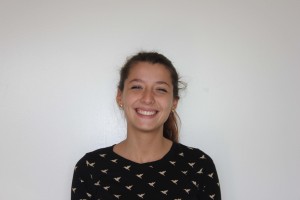
Grade: 12
Hobbies: Running, reading, hanging out with my dog
Extra Curriculars: KHS Equality, Call, NHS



